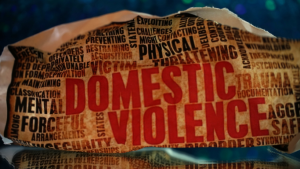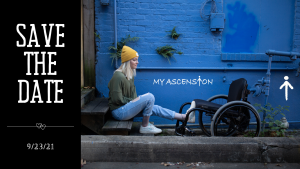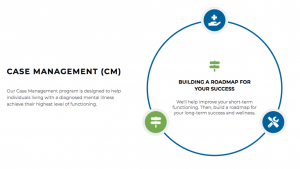What is Domestic Violence and How to Get Help in Nassau County, Florida
If you or someone you care about is a domestic violence survivor, then you need to know that there are resources to help right here in Nassau County, Florida. In this post, we’ll take a close look at domestic violence to try to better understand its dynamics, and then share some detailed information on programs and services that are at your disposal.
Read MoreHow to Cope with Stress
Stress is a part of everyday living. Everyone experiences it in their professional and personal life. Oftentimes, stress is a product of the situation we are in or the world around us. Stress can also be a result of procrastinating or taking on too much responsibility. Whatever the cause of stress, one thing is for sure – it will always exist. In this blog post, we’ll define stress, discuss the signs of stress including how your body may react..
Read MoreSuicide Prevention – Warning Signs, Statistics, Risk Factors, and How to Save a Life
Ninety-three percent of adults surveyed in the U.S. think suicide can be prevented. This begs the question – how? In this blog post, we will talk about suicide prevention, uncover some myths and facts about suicide, take a look at local and national suicide statistics, discuss the warning signs and risk factors for suicide..
Read MoreOne Way to Treat Treatment-Resistant Depression (TRD)
Living with major depressive disorder (MDD) affects every aspect of your life including how you feel, how you think, and how you behave. It can lead to a variety of emotional, physical, and social problems. MDD may impact your ability to do normal day-to-day activities including getting out of bed,…
Read MoreSave the Date for a Private Screening and Q&A with Suicide Survivor and Activist, Emma Benoit
On September 23rd, 2021, Starting Point Behavioral Healthcare will host a private virtual screening of My Ascension, a documentary film and movement to spread hope and fight suicide, followed by a live Q&A with Emma Benoit and filmmaker Greg Dicharry. Tickets are free but limited seating is available. You won’t want to miss this!
Read MoreWhat is Case Management and how can it help me or someone I love? [Infographic]
If you are an adult living with a diagnosed serious mental illness or a child living with a serious emotional disturbance diagnosis, we know that moving through life can be challenging. Our Case Management program is designed to give you the tools you need to effectively manage your own life. We have a team of Case Managers that are resource connectors…
Read More





